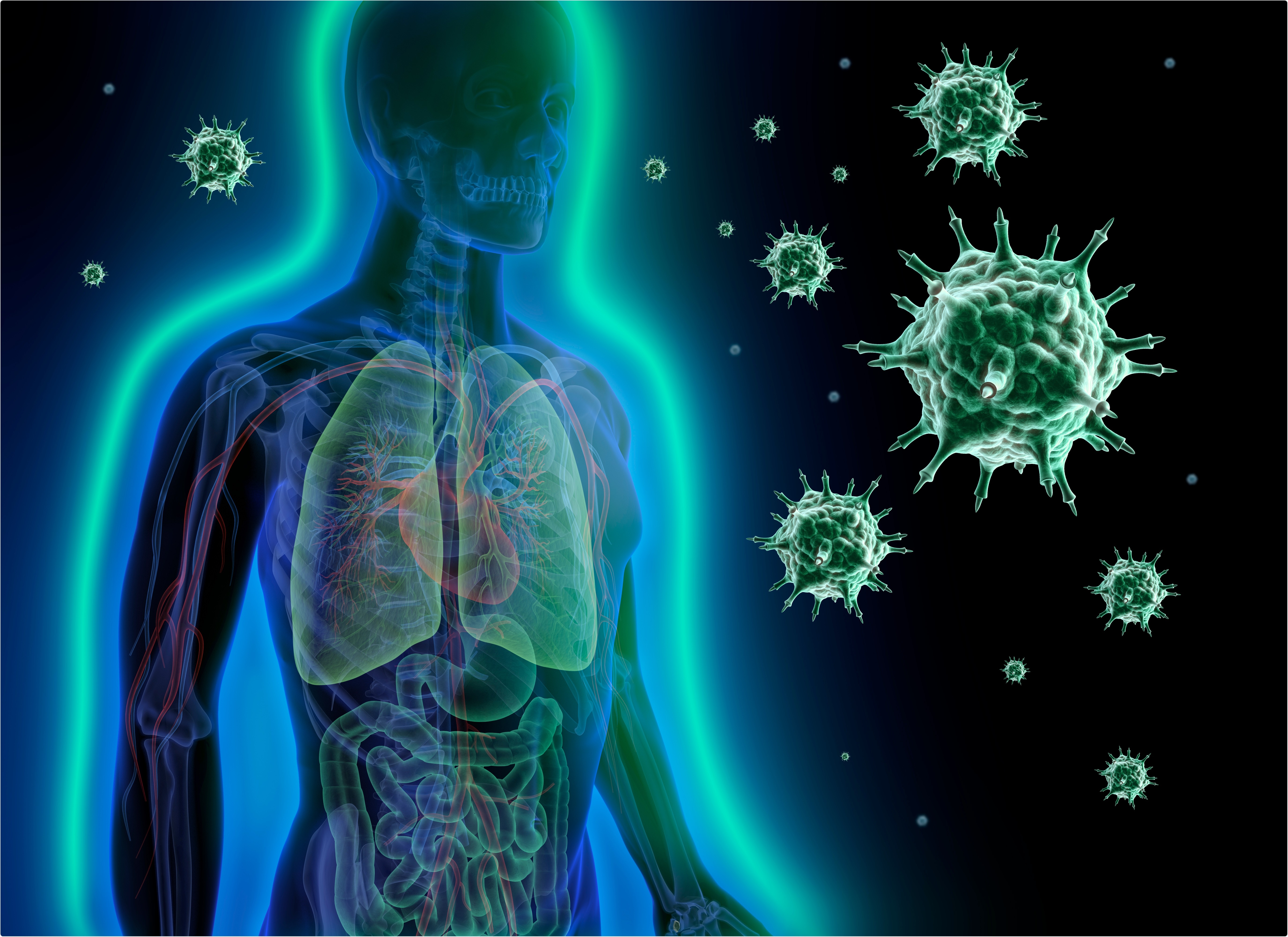The immune system has its cells all around the body, and they are constantly doing their work even if the body is in great shape. A new study confirming this is published in the scientific journal Cell Metabolism.

Image Credit: peterschreiber.media/Shutterstock.com
Until recently, it was thought that the immune system remained essentially inactive unless the body was attacked by infections. According to Anne Loft, a post-doctorate at the Department of Biochemistry and Molecular Biology, one of the study’s primary authors, the immune system most certainly plays an essential role for completely healthy people and can alter the body’s synthesis of key sources of energy.
The immune system, in particular, leads the liver of a healthy person to create ketone bodies, which are a type of energy source. This is accomplished by allowing the liver to burn fat while fasting.
Energy for the brain
Humans start burning fat deposits when they fast—that is, when humans have not eaten anything for a half-day or a full day—but not all bodily cells can destroy fat. Among other things, this is true for the brain that depends on the liver’s generation of ketone bodies as a result of fat metabolism.
According to another lead author of the study, Søren Fisker Schmidt, Assistant Professor at the Department of Biochemistry and Molecular Biology, the ketone molecules invigorate the body, allowing the functioning of the human body even when nothing is consumed.
Ketone bodies are also in the interest of many popular weight-loss programs that focus on eliminating carbohydrates from our diets so that the body may start burning fat instead. Other studies show that ketone bodies may have a beneficial effect on risk variables for cardiac disease development, among several other things.
Researchers now believe that the immune system influences ketone body production in healthy and fit people. Anne Loft also explains that given the benefits of ketone bodies in a variety of metabolic disorders, this insight can hopefully be applied to knowing how the immune system tries to keep the body in balance when humans are sick.
The majority of the research was done at the Helmholtz Diabetes Center in Munich, where Anne and Søren worked for four years under the auspices of the Novo Nordisk Foundation, in close partnership with Ulm University scientists.
Source:
Journal reference:
Loft, A., et al. (2022) A macrophage-hepatocyte glucocorticoid receptor axis coordinates fasting ketogenesis. Cell Metabolism. doi.org/10.1016/j.cmet.2022.01.004.